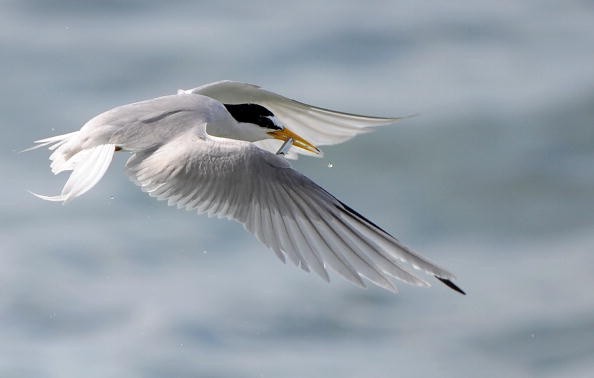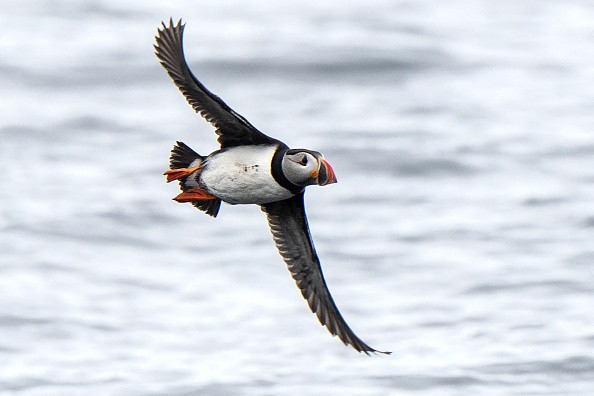A large number of "rogue" paddleboarders and kayakers are threatening a bird sanctuary island in Northumberland which harbors the rarest nesting seabird in Britain and these humans are causing major disturbances.

Human Disturbance
The site manager of Coquet Island, Dr Paul Morrison, said in his 37 years of doing the job he had noticed so many changes, but this one is among the most serious.
He said: "We've had a season of disturbance. There's paddleboards everywhere. And some of these kayak groups are there nearly every day, and constant disturbance could mean the birds don't settle, or they abandon their eggs, or the eggs go cold."
He said they are having to do something against them, revealing that workers guard the island always and they've got a very experienced security system recommended by the police. But there are either one or two that is not aware, or ignore the law and take the risk.
Morrison said: "We've been trying to get the message out, but there's still a rogue element which doesn't respect the birds."
Coquet Island
Coquet Island harbors the only roseate tern breeding colony in the UK and also about 1,400 pairs of arctic terns and 30,000 pairs of puffins. In the 1970s, their numbers were as low as 16 breeding pairs of roseate terns in the UK and this number has increased to over 100 due to conservation efforts.
Coquet Island became a chosen sanctuary in 1979 and this means throughout the entire year it is safeguarded from disturbance and landings, and it is illegal to violate these rules.
Morrison said: "The police have made it clear to us that it's not just an offence for [intruders], it's an offence for us if we don't intervene and do something about the disturbance. At one time it was just egg thieves, that was bad enough, but now it's twofold - we've got egg thieves and disturbance."
He also said they are making effort to make sure kayakers and paddleboarders don't get anywhere closer than 20 metres to the island, adding that disturbing the beach birds can prompt a "second wave" response, making the nesting birds also go away.
Apparently, following Covid, so many people have just started visiting the waters because they would like to have a little more freedom, but the individuals need to give some respect to the island, Morrison said.

Roseate Tern
The Roseate Tern - Sterna dougallii - is a seabird belonging to the tern family Sternidae. Roseate Tern has several geographical races which vary mostly in bill colour and slight plumage details.
Sterna dougallii breeds on the Atlantic coasts of North America and Europe, and winters south to West Africa and the Caribbean.
Sterna dougallii bangsi and Sterna dougallii korustes which are the tropical forms are resident breeders from east Africa across the Indian Ocean to Japan
© 2025 NatureWorldNews.com All rights reserved. Do not reproduce without permission.





